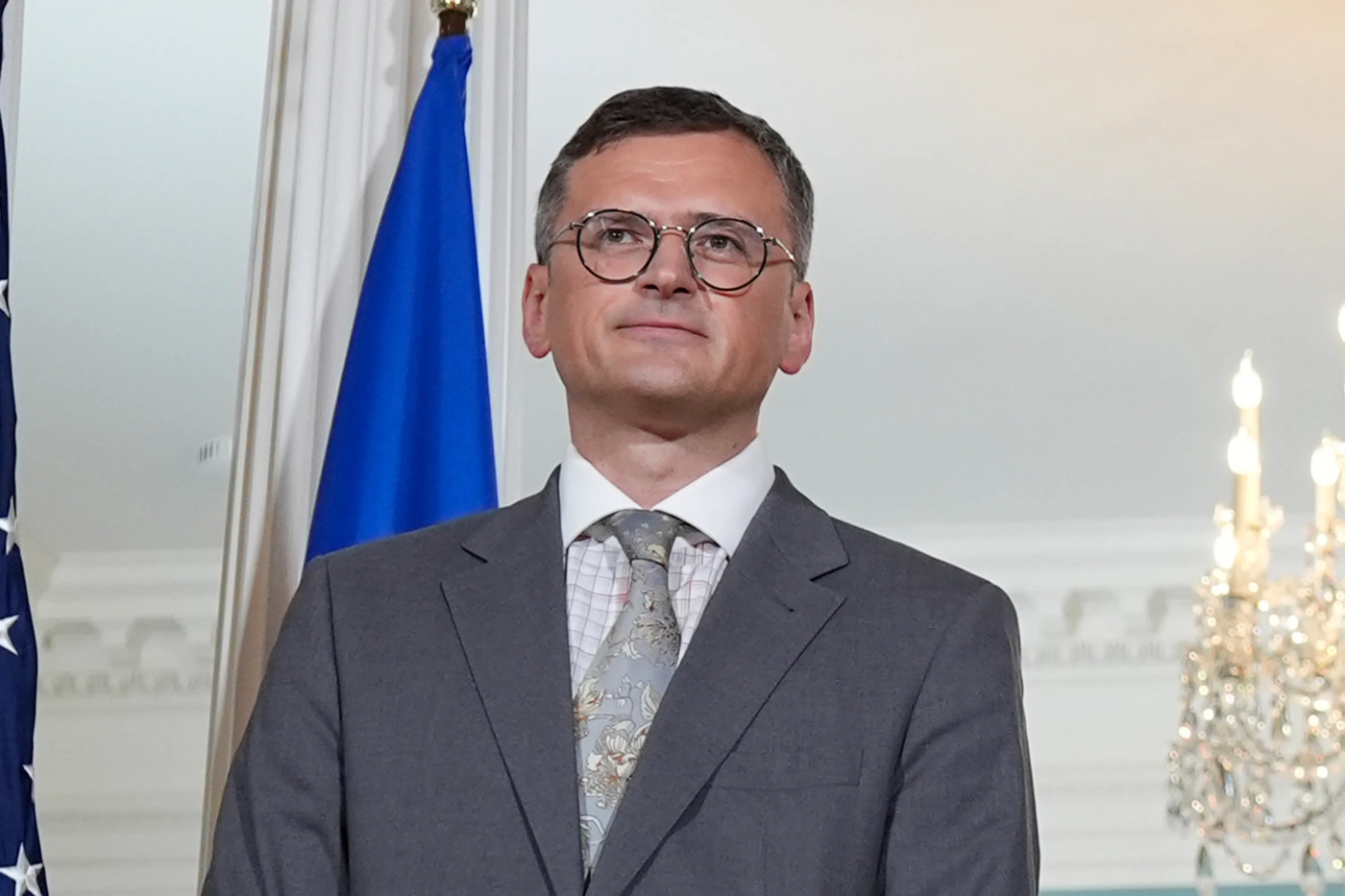Russian Truckers Fume as EW Jammers Mess Up Highway Toll System
Truck drivers in Russia are angered that electronic warfare (EW) conducted by the Russian military to protect strategic facilities is interfering with their onboard road toll collection devices, Russian media outlets have reported.
The country has been accused of jamming GPS (Global Positioning System) signals that have impacted flight paths in Eastern Europe. This is particularly so around the Baltic states, where Moscow has been accused of hybrid war tactics.
Moscow has not commented on the claims about GPS jamming, which is easy to conduct with relatively cheap equipment and has increased in areas close to conflict zones.
But EW capabilities are also being used to jam incoming drones and missiles launched by Ukraine, business outlet RBC reported; energy infrastructure on Russian territory was a frequent target.
The country's Association of Freight Road Transport (Gruzavtotrans) has complained to Russia's Transport Ministry that this use of EW is disabling tachographs recording driver activity and devices linked to the Platon system. Platon was set up in 2015 to collect tolls from drivers of trucks over 12 tons, with the proceeds going to federal road maintenance.
Gruzavtotrans President Vladimir Matyagin told RBC about one occasion when he was driving past a protected oil depot at more than 60 miles an hour, yet the navigator in his vehicle showed that the car was not moving at all.
Matyagin said that the use of EW can switch off a device linked to Platon but, for this, truckers can be fined. He added that protecting important facilities was good, "but truck drivers are facing unreasonable fines," and he has called for the financial punishments to be waived until the end of the war.
Taras Koval, who heads Russia's Association of Transport Experts and Specialists (APEC), told RBC that drivers had "repeatedly complained" about the impact of EW on Platon.
"Initially, it was about Belgorod and other regions close to the border, now carriers throughout the country are facing a problem," Koval said.
A spokesperson for Platon told RBC that it did not have information about how EW impacted its systems and that it was up to the transport watchdog Rostransnadzor to deal with whether vehicle owners are fined.
Meanwhile, Mikhail Blinkin, from the Institute of Transport Economics and Transport Policy at Moscow's Higher School of Economics, told the outlet that, as yet, there is no technical solution to the problem. Newsweek has contacted Rostransnadzor and Russia's Ministry of Defense for comment.
Disclaimer: The copyright of this article belongs to the original author. Reposting this article is solely for the purpose of information dissemination and does not constitute any investment advice. If there is any infringement, please contact us immediately. We will make corrections or deletions as necessary. Thank you.
